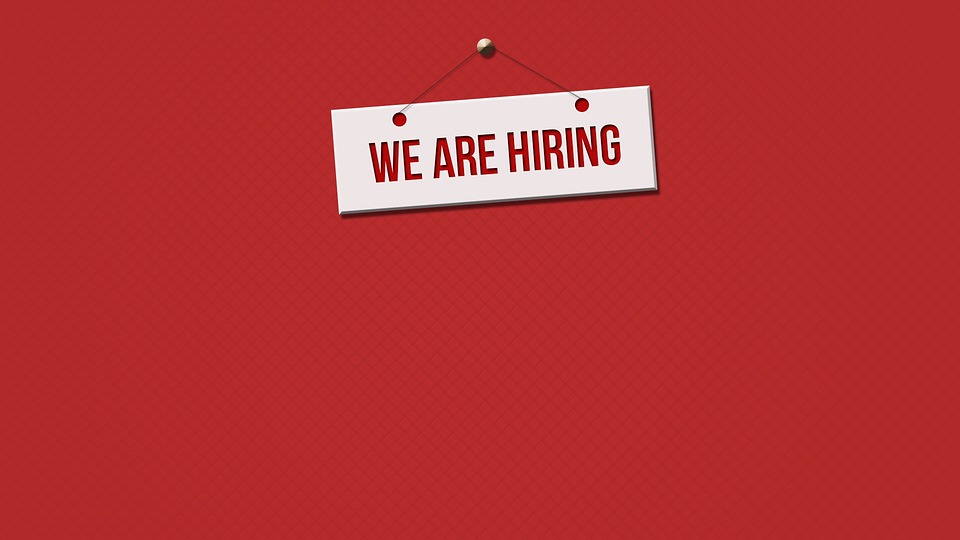Calling all Gen Z job seekers! Are you ready to start climbing the career ladder? Well, in case you haven’t noticed, the queue to get on the ladder is quite long! In fact, 20% of the current workforce is Gen Z. So entering the job market can be a daunting task. Not only is it difficult to know which direction to turn, but you’ve also got lots of competition.
So we’re here today to share our best tips to get hired as a Gen Z job seeker.
Ready? Let’s go!
- Grow your network
- Build a personal brand
- Be flexible
- Don’t try to have it all figured out
- Broaden your prospects with remote work
- Don’t ask, don’t get
- Prioritise companies that prioritise you
- Be ready to go
The secret to getting hired as a Gen Z job seeker
Grow your network
When it comes to climbing the ladder, connections are everything. You can build your professional network by attending events. You can also use social media platforms like LinkedIn. Having a broad network can lead to new opportunities. So make a habit of growing your network throughout your career.
Build a personal brand
Today’s job market is competitive. It’s not enough just to write a standout CV. You need to build a personal brand too. This is your unique set of skills, qualities and experiences that make you different. Your personal brand will help you to stand out, build your credibility, and set you apart from other candidates. It’s a great way to progress your career.
Be flexible
Starting out in the corporate world isn’t easy. Don’t expect to land your dream job straight away. Most people have to start out with a job that DOESN’T tick all the boxes. But it’s just a way to get your foot in the door and get the ball rolling. Once you’ve built up skills in your first job, you’ll have a stronger chance of landing a more desirable job.
Don’t try to have it all figured out
You’re not going to be able to map your whole career out from start to finish. Your career will take many twists and turns in surprising directions. So remain open-minded to opportunities as you don’t know where they’ll take you!
Broaden your prospects with remote work
Can’t find your ideal job near you? Don’t forget about remote work! In today’s digital age, remote work is booming. Now more than ever, companies are open to hiring remote workers. So be sure to include remote work in your job hunt to increase your chances of landing your dream job.
Don’t ask, don’t get
Don’t sit and wait for opportunities to come to you. Make them happen. Be assertive. If you like the look of a company but can’t see an open position, introduce yourself anyway. They may have an upcoming position. Or they may just hire you because they like your initiative!
Prioritise companies that prioritise you
The last thing you want is to work for a company that isn’t interested in your development. That will only stunt your career growth. You want to find a company that invests in its employees. That will ensure you’ll receive ongoing training and developments. So when it’s time for your interview questions, always ask about the training program and growth opportunities.
Be ready to go
When an opportunity comes knocking, you’d better be ready to step up to the plate. Don’t be the reason for any delays to the interview. Have your CV and interview outfit ready to go so you can seize last-minute opportunities. And be sure to practise your answers to the most common interview questions BEFORE you even have an interview. This will help take the pressure off when an interview crops up.
The future’s bright
Yes, entering the job market as a Gen Z job seeker can be tough. But the good news is that you’re living in a world with PLENTY of job opportunities. So if you follow our tips, it will only be so long before you’re reaching new heights!
Start your career the smart way and apply for jobs with 1 tap on the SonicJobs app!









